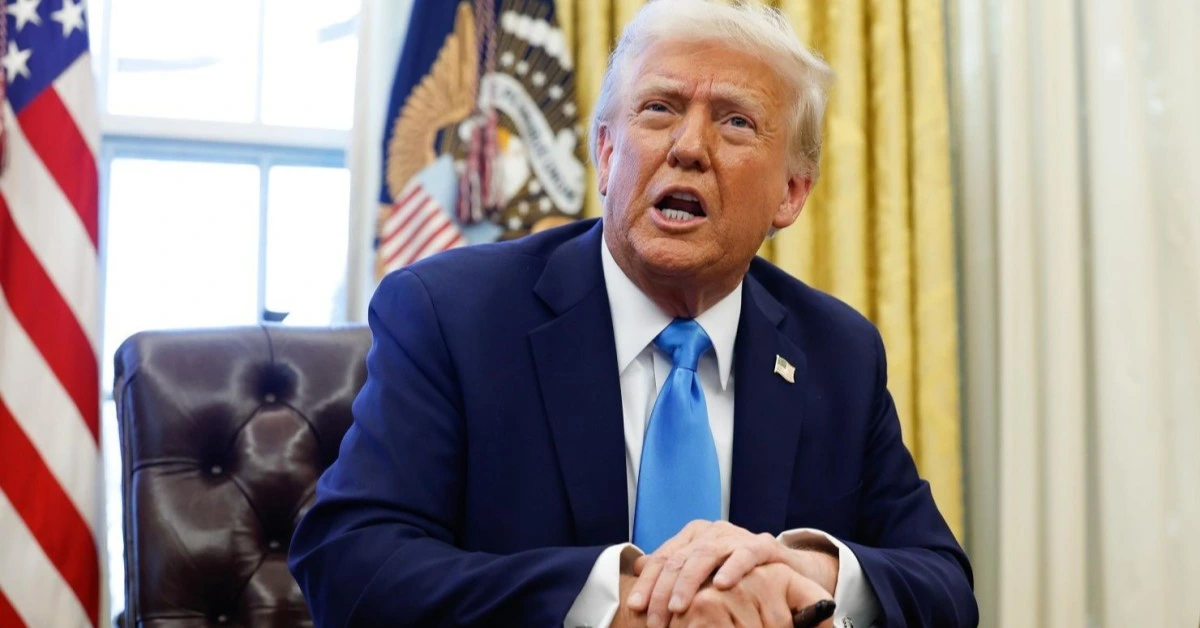
USA – The Trump administration is reportedly preparing an executive order to implement significant layoffs within federal health agencies, including the Food and Drug Administration (FDA) and the Centers for Disease Control and Prevention (CDC).
The proposed directive would mandate these agencies to reduce their workforce by a specified percentage, with implementation potentially beginning as early as next week.
Probationary employees—those still within their initial employment period—are expected to be the primary targets for these job cuts.
The Department of Health and Human Services (HHS), which oversees the FDA, CDC, National Institutes of Health (NIH), and Centers for Medicare and Medicaid Services (CMS), employs over 80,000 individuals and would be significantly impacted by these reductions.
This initiative follows a voluntary resignation program offering federal employees nearly eight months of pay to leave their positions.
To date, over 60,000 employees have accepted this offer, falling short of the administration’s goal to reduce the workforce by 5% to 10%.
The Office of Personnel Management (OPM) has indicated that forced redundancies may occur if an insufficient number of employees opt for voluntary resignation.
This workforce reduction strategy is being led by the Department of Government Efficiency (DOGE), headed by Elon Musk, who previously employed a similar downsizing approach during his acquisition of Twitter (now X) in 2022.
The White House has denied that such an executive order is imminent. However, the potential for mass layoffs has generated considerable controversy, particularly in conjunction with other actions by the administration, such as threats to withdraw the U.S. from the World Health Organization (WHO) and proposals to shut down the U.S. Agency for International Development (USAID).
Critics argue that these measures could have far-reaching consequences for public health and humanitarian efforts both domestically and globally.
In related developments, a federal judge has temporarily blocked the administration’s mass buyout offer for over 2 million federal workers while considering its legality.
Unions argue that the “deferred resignation” program is illegal due to a lack of congressional authorization and the coercive nature of forced resignations under the threat of mass terminations.
The judge extended a temporary restraining order, delaying the buyout deadline and preventing immediate implementation.
Critics, including union leaders and Democratic attorneys general, advise federal workers not to accept the offer, calling it misleading and potentially unenforceable.
Additionally, healthcare providers in the United States are facing disruptions due to executive orders that have led to a freeze on federal funding.
Several primary care clinics and community health centers have shut down or laid off staff, particularly impacting programs related to HIV prevention and care, as well as services for transgender patients.
Organizations like St. John’s Well Child and Family Center and the LGBT Life Center have expressed concerns over the detrimental impact on patient care and are seeking alternative funding sources.
The ongoing confusion and financial instability are causing significant challenges for healthcare providers dependent on federal support.
These actions are part of a broader strategy by the administration to reduce the size of the federal workforce and restructure federal health agencies.
The potential layoffs and funding freezes have raised concerns about the future of public health initiatives and the capacity of federal agencies to respond to health crises.
XRP HEALTHCARE L.L.C | License Number: 2312867.01 | Dubai | © Copyright 2025 | All Rights Reserved